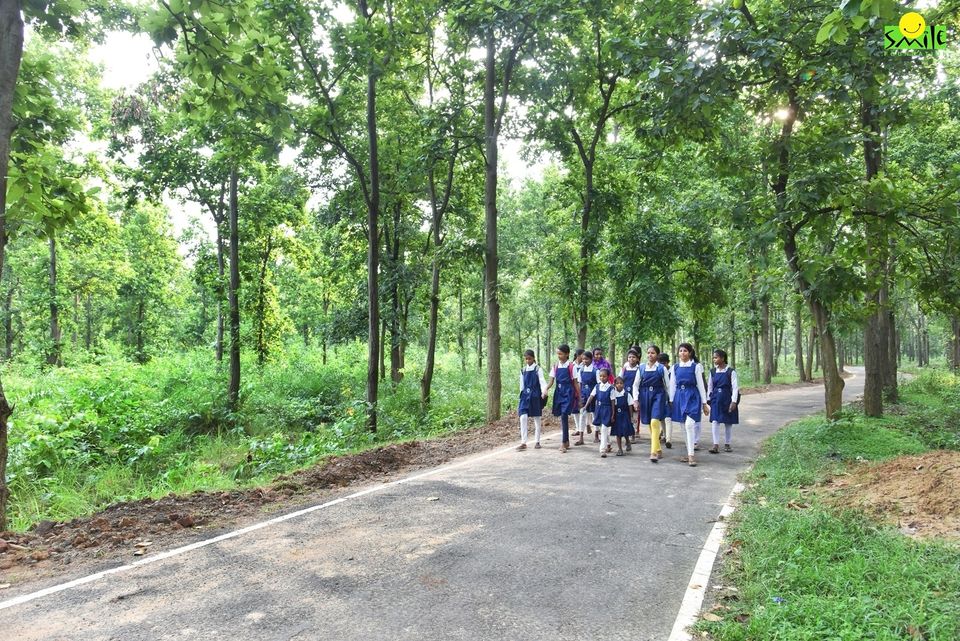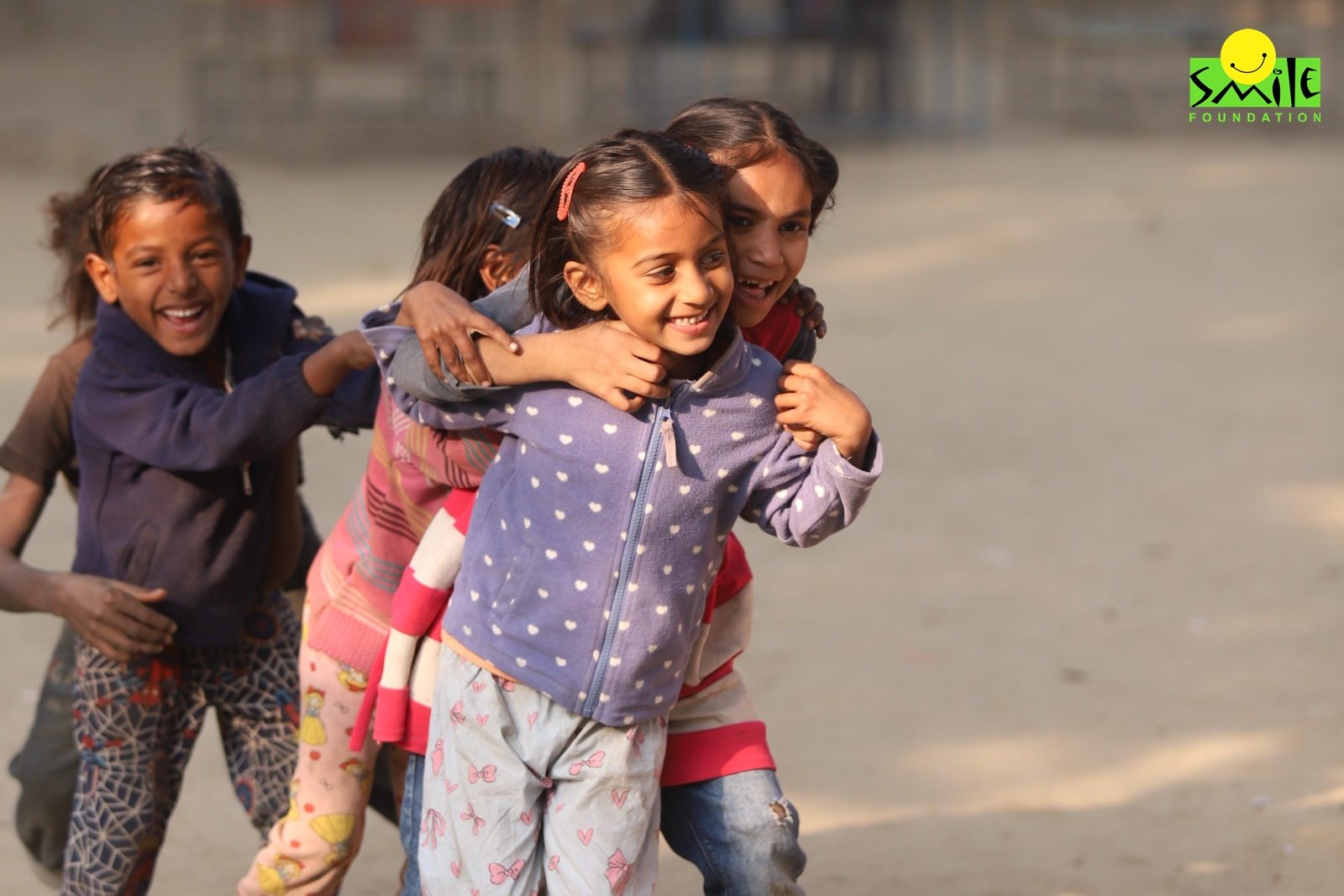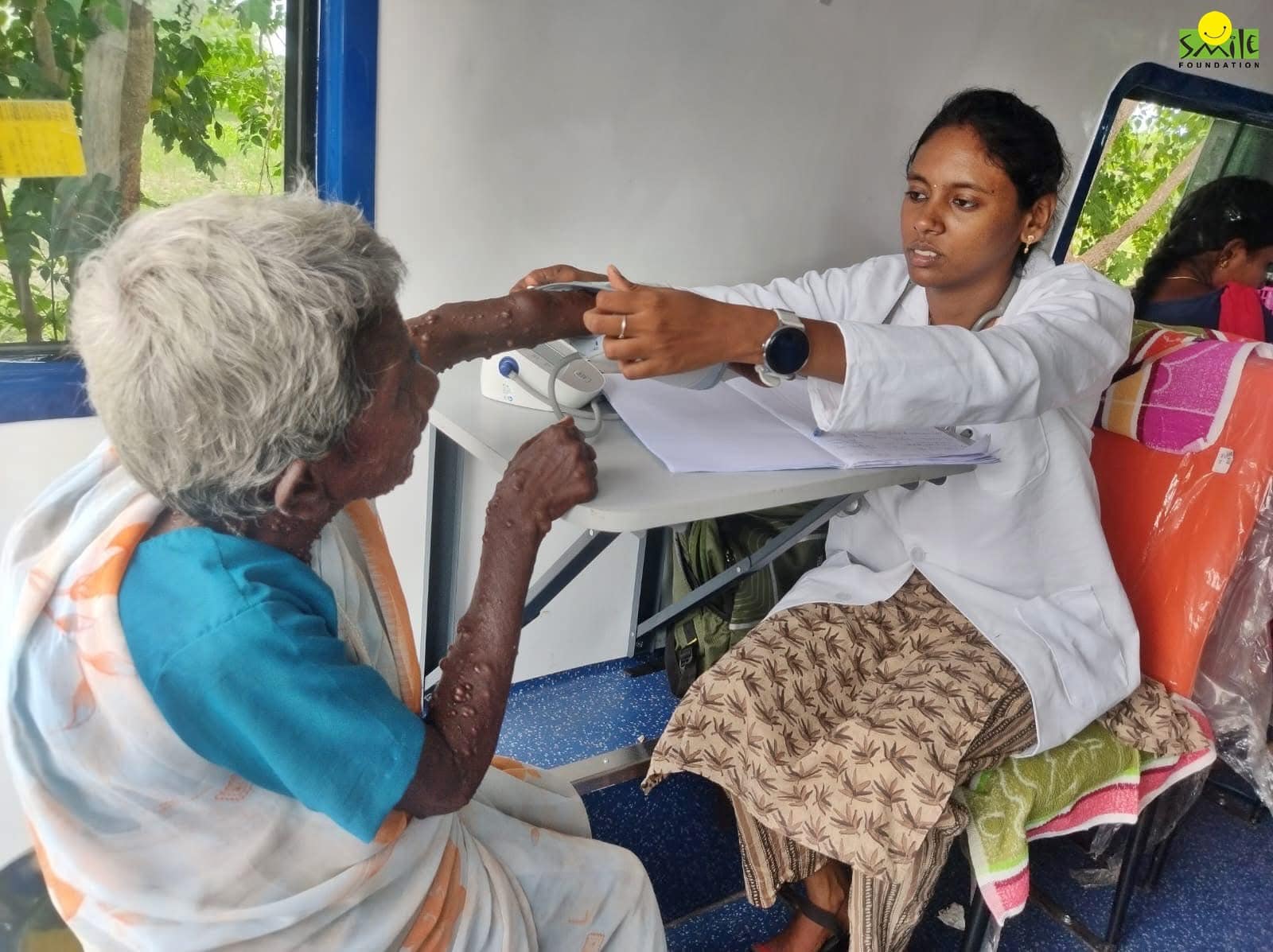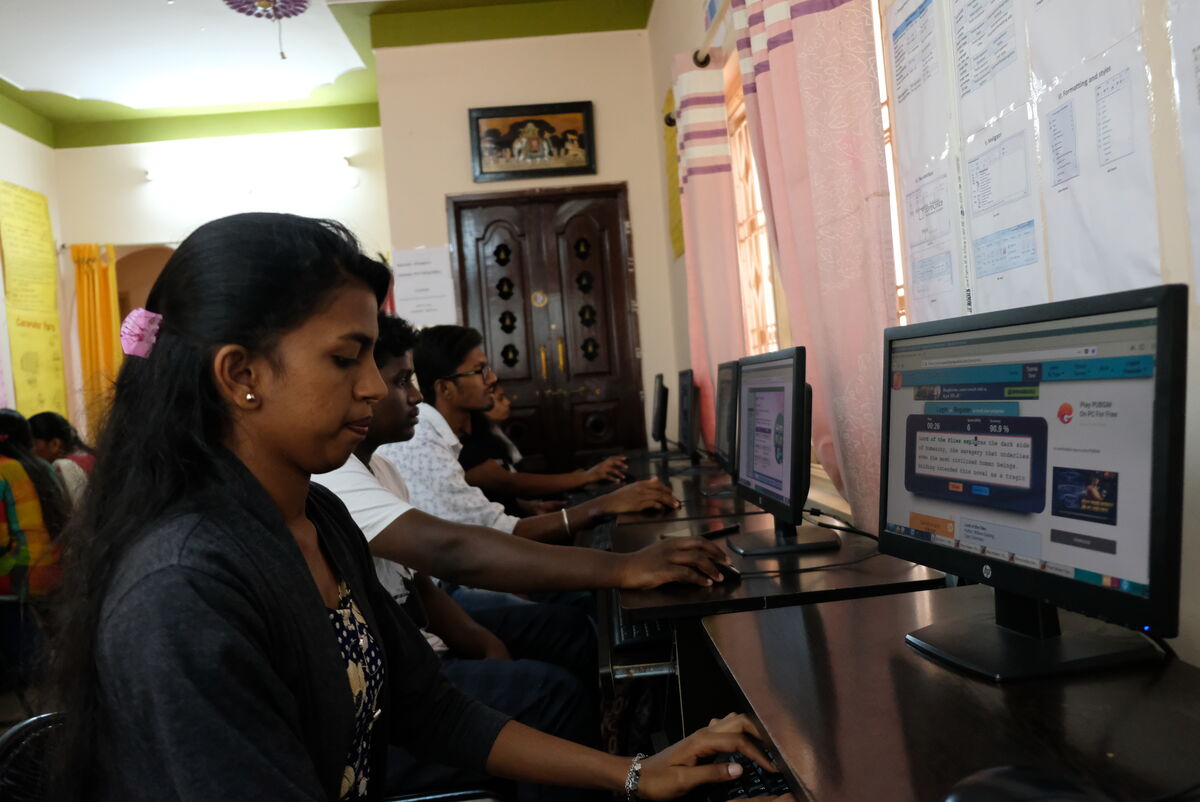In a world where you can be anything, Be Kind!
Our world needs great leaders, writers, doctors, engineers, and lawyers. Why? So that they can work together to make the world a better place, without any wars. A world with long-lasting peace seems like a great place to be at.
It all starts from home and with primary caregivers– parents/guardians. Home is a child’s first school and parents/guardians are a child’s first teachers. So, parents need to give children a stress-free environment at home because it is necessary for overall growth. Growing up in such an environment will enable a child to choose love over hate, peace over war, compassion over anger, and friendship over conflict.
By war, we don’t necessarily mean a declared armed conflict between two nations. We are using the term ‘war’ here in an inclusive manner. War includes any conflict, such as riots, neighbor fighting, and children in school fighting. Even parents quarreling at home impacts children adversely.
However, we will discuss how to talk to children about war as well.
What is Stress?
The UNICEF website says stress is a common feeling we get when we feel under pressure, overwhelmed, or unable to cope. Too much of it, especially when it feels out of control, can negatively impact our mood, physical and mental well-being, and relationships. Stress is a symptom, not a disease.
Adults have ways to cope with stress. But children, when in distress, may act in ways that could harm themselves both emotionally and physically. So, parents, teachers, and guardians are expected to always be attentive to their ward’s needs and always look for signs their child is stressed and what is causing such stress.
You Care, You See!
You do not have to be a counselor, psychologist, or psychiatrist to notice the signs of stress. You just need to care a lot. A child may not be able to express her stress or what is causing it. When a child is small, they may not have the necessary vocabulary to show their stress. It is under these circumstances that one should look out for signs of stress. If you care enough, you will see the signs.
Stress could be Physical and Emotional
Physical symptoms of stress in children could be a headache, body pain, bed wetting, nausea, shallow beating, racing heart, weight loss or gain, indigestion, etc. These are easily noticeable visible signs. However, emotional distress in a child is not easily noticeable.
Emotional distress in children or mental stress signs could be anxiety, easily irritable, anger, tearfulness, sadness, and unwillingness to talk to family and friends. If you see such signs, then beware, that if not addressed properly a child may develop lifelong problems such as anxiety disorders, anger issues, trust issues, commitment issues, and a tendency to indulge in violent behaviors, etc.
These stresses are the signs of an underlying problem. The cause of stress could be war or conflict, parents arguing/separation, bullying, school overload, inability to express themselves, financial problems, moving homes, death of loved ones, violent & unsafe neighborhoods, using physical methods to discipline children or make them do stuff such as chores or homework, etc.
How to Help a Child in Distress?
There is no straight-jacket mantra to parenting. Each child is unique and has its own needs. However, there are three words for your kid to have a great childhood– Love, care, and safety.
A child lives with parents, meets relatives, goes to school, and interacts with teachers and friends. Each interaction and each step leaves a long-lasting impression on a child. Therefore, it is the duty of parents, teachers, relatives, and family members to care for the child they come to interact with.
Obviously, parents love their kids. But the child needs to know it and feel it. Because more than anything else in this entire world a child needs to know that she is loved and cared for.
There is No Formula Here
In our opinion, caring is helping. You need to listen to them and understand them. Never judge them. Talk to them. Empathy and sympathy are the keywords here.
Looking out for what they are doing, and with whom they are interacting. Be part of their life, be friends with them. Know their likes and dislikes. Let them play games, outdoors or indoors. Take them on tours, trips, and camping. There is no formula here.
Your Conduct in Front of a Child
If the epics and myths are to be believed, then a child learns from the womb itself. After all, Abhimanyu of the great epic Mahabharat learned the art of breaking Chakravyuh, a formidable battle formation, because he could listen to that secret when his father, Arjuna of the Pandavas was telling his pregnant mother, Subhadra.
A child learns from every sight, sound, smell, touch, and taste. Parents are a child’s first role models. Do not indulge in any practice that might confuse their young brains. It may seem to be harmless but it is harmful in the long term.
If your words, actions, and thoughts are not in harmony then a child will get confused, and this will cause stress.
How to Talk to Children about War
A child in distress will take extreme steps, they will feel unsafe and confused. Some children may get mental health issues and others may choose violence to vent out their anger and frustration.
If not addressed appropriately, these children have a heartbreaking chance to grow up to become aggressive adults who might choose war or violence to resolve problems rather than dialogue or diplomacy. This may seem far-fetched but a small sapling becomes a tree.
When a child falls or is injured by hitting a chair, table, or other stuff at home, they obviously cry. In such a situation a parent tells the child to hit back. A simple harmless way to make them stop crying. It is not that simple! It has deeper consequences. This teaches them retaliation. It teaches them that you can reduce their pain by taking revenge.
So, how to talk to children about war? War is one of the most intense subjects to take on with your child/children.
War is basically a failure of dialogue and understanding. It is an extreme step that is taken as a last resort– the result of impatience. In times of war or conflict, children are the worst affected because they really cannot understand what is going on around them. It confuses them. So, the following measures may be taken to the question of how to talk to children about war or conflict:
Limit Access to False Information
Talk to your child. What ideas do they have about war? How does it affect them? Take care of what your child is reading and watching and seeing. This is how to talk to children about war.
In today’s age of information technology, access to the wrong kind of information is easily available, therefore, look out and limit it. This is a sensitive conversation that must be done naturally and in a playful manner. Remember you are not interrogating, do not make it a Q & A session.
Know How They Feel
War may cause different reactions in different people. A child feels differently about it than an adult. Children learn from what they observe and experience. However, they may not interpret every situation as an adult does.
For example, a child who will see from a distance wrestling, as a sport, may interpret it as a violent fight. Therefore, we need to know and understand how a child feels and interprets war and conflict.
Understand Yourself First
War is a serious topic. Sometimes even adults may not have the right understanding of it. A war may perplex an adult as well, after all, the frequency of wars is more concentrated on some continents than others. So, educate yourself before talking to a child about it. Otherwise, you may aggravate their understanding of wars.
Keep it Simple and Easy
How to explain war to a child? The answer is, in the easiest, simplest, calmest, natural, and age-appropriate manner. Do not use big vocabulary or complex concepts.
Acts of Kindness and Compassion
In war times, people fight, but there are people who help others. Tell your children about such people that are doctors, nurses, peacekeepers, caretakers, etc. The stories of acts of kindness are strong and powerful enough to bring about a positive change in a child’s behavior.
Teach them to care. Quoting an extract here from Mahatma Gandhi’s autobiography, My Experiments with truth, to throw light on the idea of returning good for evil done–
“For a simple penny pay thou back with gold:
If thy life be rescued, life do not withhold.
Thus the words and actions of the wise regard;
Every little service tenfold they reward.
But the truly noble know all men as one,
And return with gladness good for evil done.”
Mahatma Gandhi
Resort to the Power of Repetition
This is not a one-time thing. Children are impressionable. They learn and forget easily. So, keep talking to them, keep educating them, and keep loving them. Remind them often–
“In a world where you can be anything, Be Kind!”










One reply on “How to Talk to Children about War?”
What resonated with me most was the reminder to reassure children about their safety and the importance of emphasizing love, compassion, and resilience. These are powerful tools that can shape their understanding of the world.
Thank you for the important work you do, not only in addressing critical issues but also in providing support to communities in need. Keep spreading hope and positivity!